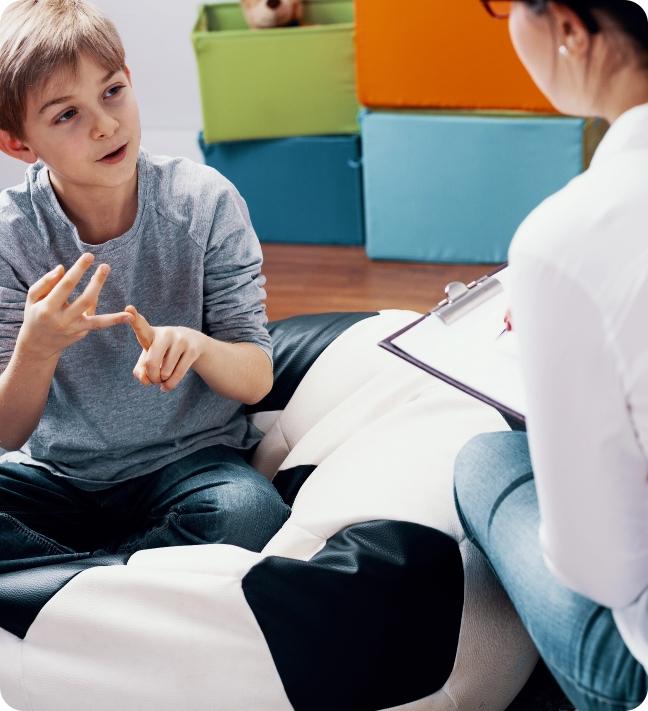Common Warning Signs/Red Flags for Learning Challenges
Note: These warning signs vary with each child and all signs may not be present.
A very strong warning sign is family history of learning challenges/difficulties – they are genetic.
CLICK each age group below to see their age specific Warning Signs.
Don’t wait for more struggles – early empowerment leads to faster gains, less struggles, greater self-esteem & starts the road to academic success for a child, teenager, college student or adults.
Speaking
Trouble with articulation, persistently mispronounces words. Trouble using correct verb tenses, plurals, or pronouns
Listening
Trouble rhyming, playing sound or word games
Word Finding
Knows colors, but cannot name them when asked
Sequencing
Difficulty telling an event or story in order or sequence
Auditory memory
Difficulty remembering multiple-step directions
Fine motor skills
Difficulty cutting with scissors, tying shoes, or blowing nose
Uncoordinated
Clumsy, messy eater, poor at skipping, trouble learning motor skills
Sensory Processing
Overreacts to or avoids sounds, touch, fabrics, foods, smells or lights
Speaking
Trouble with articulation, persistently mispronounces words. Trouble using correct verb tenses, plurals, or pronouns
Sequencing
Difficulty telling an event or story in order or sequence
Auditory memory
Difficulty remembering multiple-step directions
Fine motor skills
Difficulty cutting with scissors, tying shoes, or blowing nose
Uncoordinated
Clumsy, messy eater, poor at skipping, trouble learning motor skills
Sensory Processing
Overreacts to or avoids sounds, touch, fabrics, foods, smells or lights
Speaking
Trouble with articulation, persistently mispronounces words. Trouble using correct verb tenses, plurals, or pronouns
Listening
Trouble rhyming, playing sound or word games
Word Finding
Knows colors, but cannot name them when asked
Sequencing
Difficulty telling an event or story in order or sequence
Auditory memory
Difficulty remembering multiple-step directions
Fine motor skills
Difficulty cutting with scissors, tying shoes, or blowing nose
Is there a tool to give self-assessments?
Learning difficulties do not go away with age or time. Children do not “outgrow” learning difficulties. Without the proper treatment, children with learning difficulties can grow up to become adults with learning difficulties or diagnosed learning disabilities. Only the proper treatment can change their weaker learning or academic skills into strengths; commonly our clients have strengths in other skills too. Our unique transdisciplinary team and treatment program can dramatically improve learning, language, sensory processing, attention, behavior and academic skills. Our individually-tailored treatment programs are highly successful regardless of whether our client is 4 years old or 78 years old. New scientific evidence supports that the human brain is able to develop new skills or improve weak abilities into strengths at any age.

What is a Transdisciplinary Approach?
A transdisciplinary approach to treatment integrates expertise and experience from several different and related professional disciplines. Each professional provides input, data and concepts to maximize each client’s individual treatment gains. The interwoven nature of TMC treatment programs broaden the skill sets of each therapist due to their exposure and heavy interaction with others outside their discipline, but it also allows the team of professionals to work together to reinforce and maintain goals not normally monitored. With a truly transdisciplinary team, the typical boundaries of each professional discipline tend to disappear. Instead, each professional develops a working knowledge of their co-workers’ areas of expertise and discipline. Ultimately, the common goal – exceptional treatment progress – is achieved through the collaborative, transdisciplinary team.
